Professional Ethics and the Wirecard Case: A Relevant Lesson for Today’s CPAs
Every CPA knows that maintaining professional ethics is a core responsibility of the accounting profession. Yet ethics training is often approached as something to “check off” rather than a critical skill to practice. The collapse of Wirecard AG offers a powerful example of how ethical judgment can erode under pressure—and why accountants need ongoing development in professional skepticism and ethical awareness.
The Professional Ethics: The Wirecard Story course is designed as a professional ethics CPE course that uses a real-world scenario to help CPAs strengthen judgment, question assumptions, and recognize when organizational pressures may lead to ethical compromise. Instead of reviewing rules alone, it focuses on how ethical decisions actually play out inside organizations.
Why the Wirecard Case Matters
Wirecard AG was once celebrated as a leader in digital payments. It grew rapidly, expanded globally, and projected confidence and innovation. Yet behind the scenes, opaque accounting structures, offshore partners, and an aggressive performance-driven culture created the environment for one of the largest corporate frauds in recent history.
For CPAs, the lesson is not only about what happened—but why it went undiscovered for so long.




